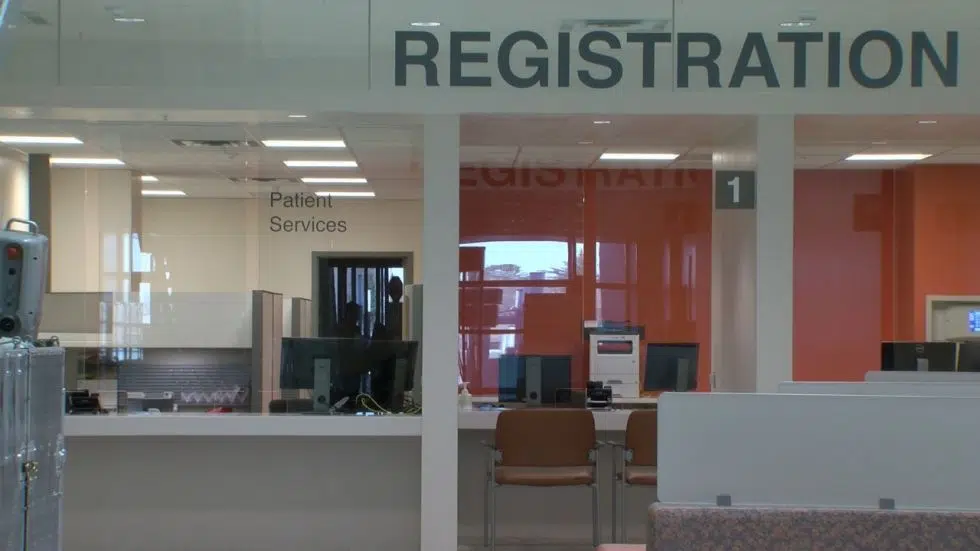
Medicine Hat Regional Hospital pain clinic closed to new patients
MEDICINE HAT, AB – Alberta Health Services (AHS) confirmed the pain clinic at Medicine Hat Regional Hospital is closed to new patients.
The wait list for new patients to see a physician for chronic pain is nearly two years long. Dr. Vincent DiNinno is the AHS Associate Zone Medical Director for Medicine Hat Regional Hospital. He said a large part of that is because they are unable to discharge follow up patients in order to take on new ones.
To meet the need for chronic pain management services, DiNinno said they cannot keep using the same model where specialists and physicians are the sole providers for chronic pain treatment.
